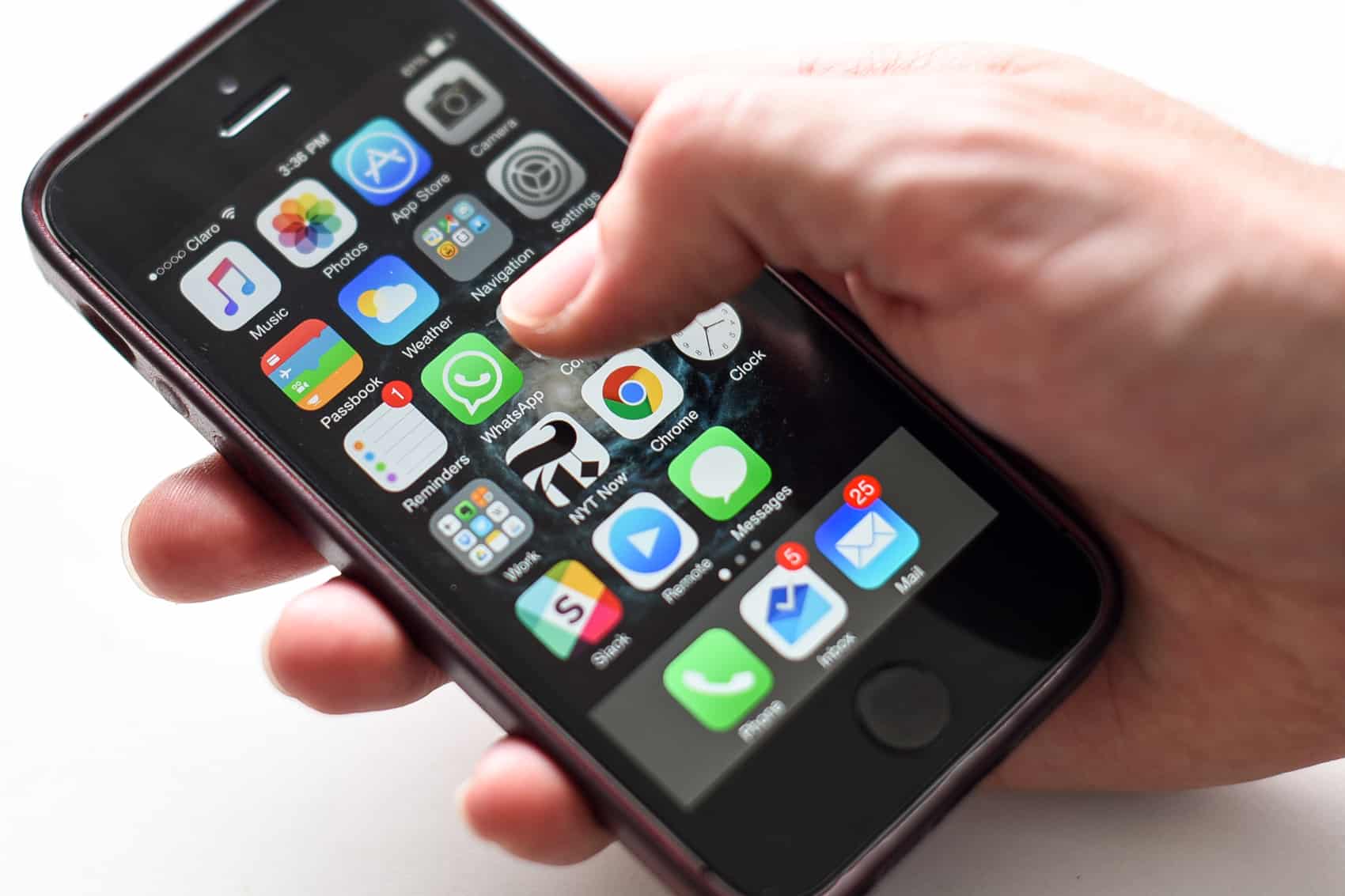RIO DE JANEIRO – The day after a Brazilian judge ordered the suspension of the WhatApp cellphone chat and voice service for 48 hours, cutting off millions of users from one of the country’s most popular communication services, another judge overturned the ban.
Brazilians had joined in black humor and outrage and tech giants expressed worry over the state’s heavy hand Thursday after a judge banned the service for 48 hours. It is so widely used in Brazil that people often ask for “your WhatsApp” rather than your number. The ban began at midnight Wednesday.
Facebook founder Mark Zuckerberg, who had described this as a “sad day for Brazil,” celebrated the decision. “Your voices have been heard and the block has been lifted,” he posted on Facebook. The social media company bought WhatsApp in 2014 for $22 billion, and Zuckerberg said the application had 100 million users in Brazil.
The ban was first imposed by Judge Sandra Marques in São Bernardo do Campo in São Paulo because the company had not complied with an order to provide information for a criminal investigation, which is secret. The company had failed to respond to two notifications in July and August and prosecutors requested the ban in retaliation.
But on Thursday, Xaxier de Souza, a judge at a higher court, overruled the decision. “It has not been shown reasonable that millions of users should be affected as a result of the company’s inertia,” he said.
The Folha de São Paulo newspaper site reported that the ban was imposed because WhatsApp had failed to provide messages swapped by criminal gangs.
The company said it didn’t have the information that was being sought. “We’re disappointed that a judge would punish more than 100 million people across Brazil since we were unable to turn over information we didn’t have,” a WhatsApp spokesperson said.
WhatsApp creator Jan Koum, who had lamented the ban, celebrated the service’s restoration. “This is a victory for the Brazilian people, and we’re glad that your voices were heard loud and clear by people who represent them,” he wrote on Facebook. The service had 900 million monthly users is also popular across the Middle East, where it has largely eclipsed the once-indispensable BlackBerry Messenger service.
WhatsApp first exploded in Brazil’s numerous favelas and low-income communities, where it is called “sap sap,” as 3G services become more available. It then spread to the middle classes.
The decision caused a flood of Brazilians to download other applications. Last night, Telegram Messenger said it had gained 1.5 million new users.
Jokes on the “Fall of WhatsApp” had flared across the Internet. Some Brazilians complained that flirting opportunities had been reduced, or linked the block to a political crisis threatening President Dilma Rousseff, who is facing impeachment proceedings.
Now Brazilians took to social media to celebrate its return. One person tweeting as Emerson Lobo wrote “WhatsApp came back” and was one of many who illustrated his post with a cheering woman.






